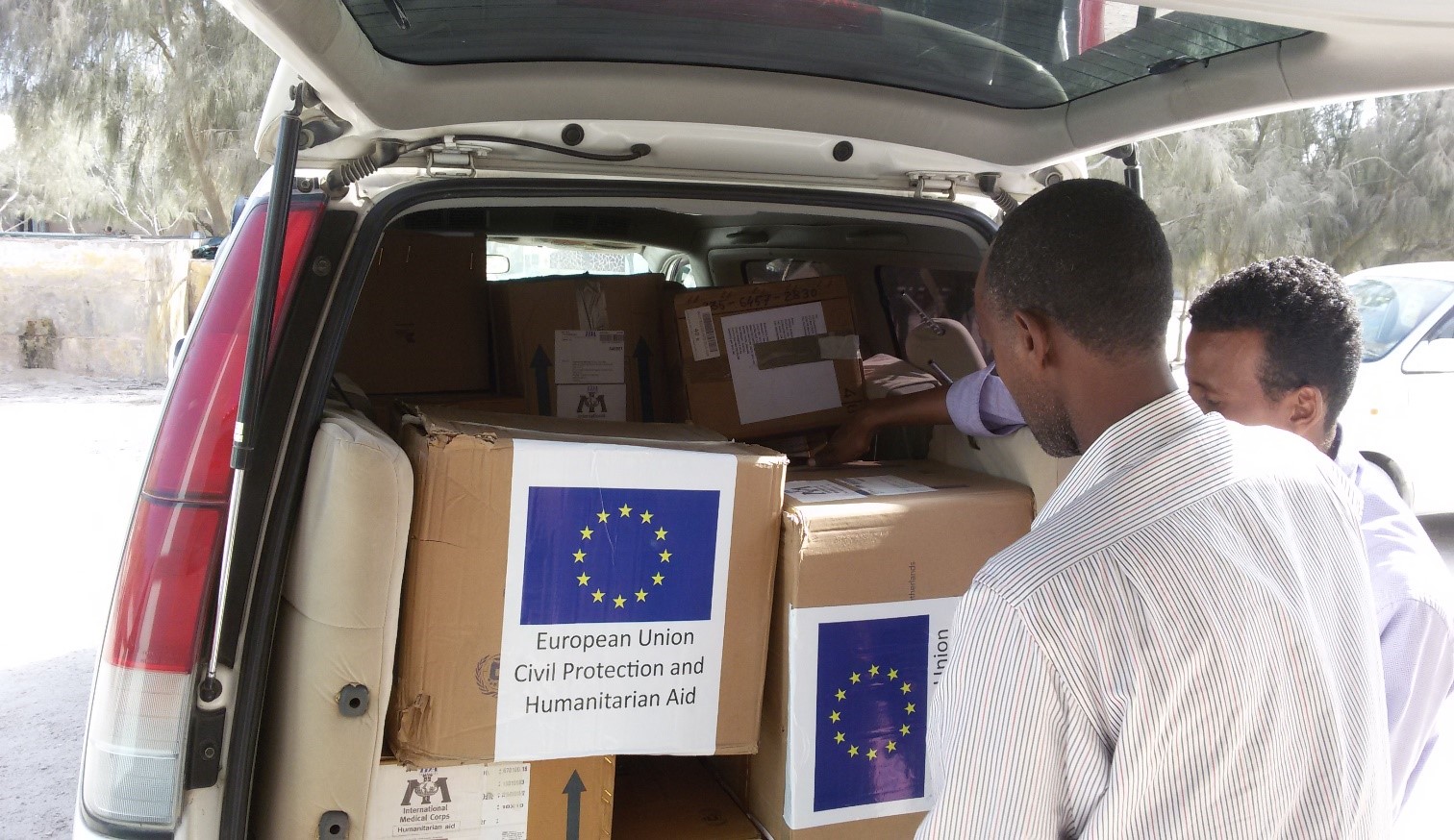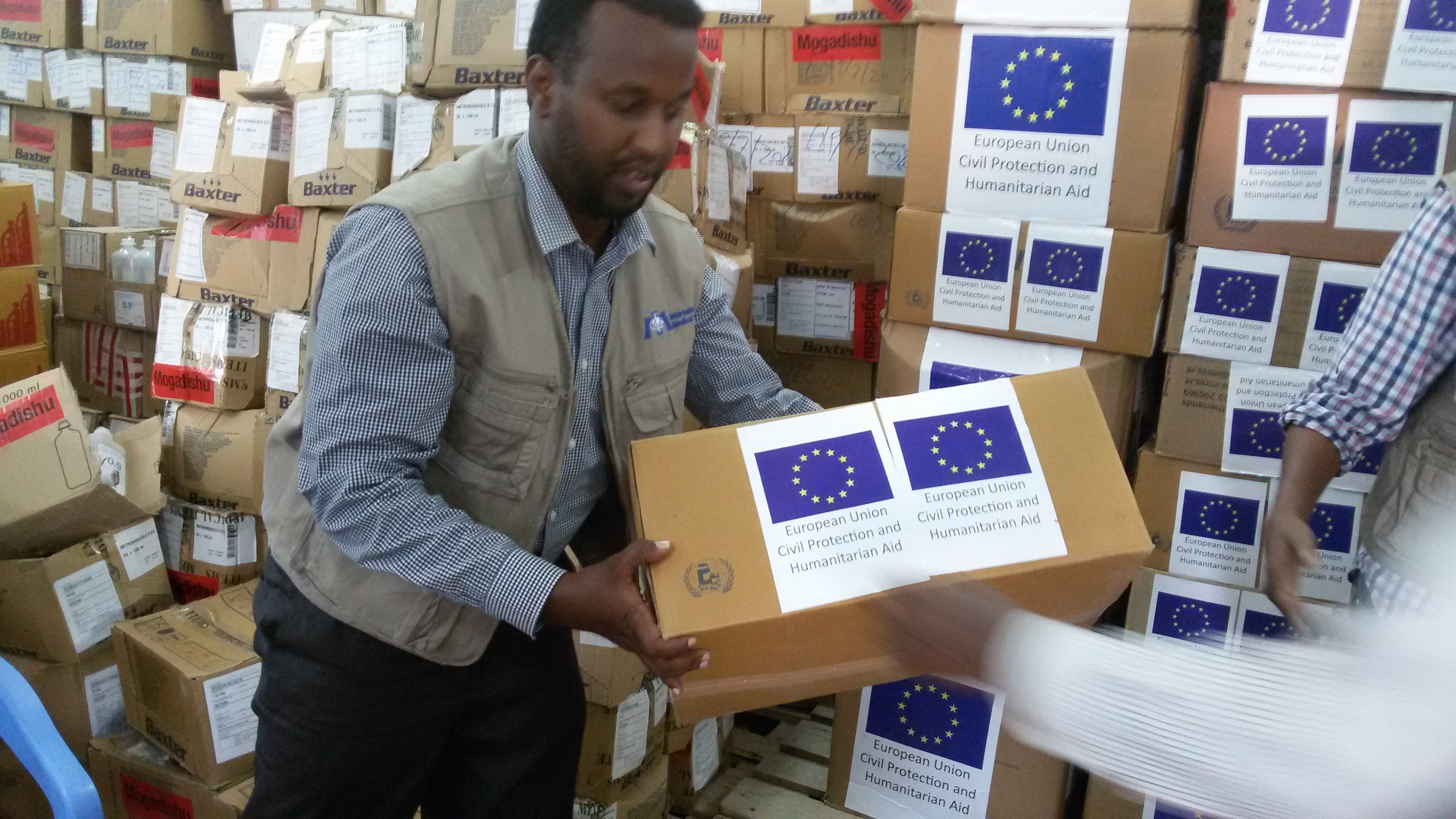With markets in every corner, signs of Mogadishu’s commercial pulse can be spotted everywhere in the center of town. The market near Safari Hotel, in the Zoobe Junction, is just one example: A cluster of shops and restaurants attract customers from all over. October 14th 2017 – a day that would end in devastation – was no exception; the market was packed with people.
Close to 600 people would lose their lives in Mogadishu’s Zoobe Junction that day, although the total number may never be established; the heat from the blast was so intense that rescue workers feared that the remains of everyone who was killed would never be found.
In the aftermath of the vicious attack, Dr. Habibula and his team transported wounded from the scene to Daynile and Keysaney hospitals while also delivering vital medical supplies. Hospitals and other medical facilities quickly become overstretched when a catastrophic blast, like the one in October 2017, take place, making emergency humanitarian assistance vital to save lives and treat injuries.

International Medical Corps deployed a 14-member Emergency Rapid Response Team within hours of the attack in Mogadishu. One member of the team was Dr. Mohamed Habibula, Medical Coordinator at International Medical Corps.
Earlier this year, our team sit down with Dr. Habibula, as he reflected on the day the unthinkable happened. Thankful for the donation of medical supplies and glad that he was able to reach people in need, Dr. Habibula is troubled when we discuss the events.
‘During the seven years I have lived in Mogadishu, I’ve witnessed multiple explosions’, he tells us. He pauses before he continues ‘the October blast was, however, a tragic experience – I have never seen such a blast.’

Haunted by years of conflict, Mogadishu has demonstrated an incredible capacity to start over; left in ruins many times over, the city has somehow always managed to rebuild itself. But Mogadishu isn’t just bustling with endurance, it’s also a commercially crucial port – the heart of Africa’s Horn has served as an important trade hub for thousands of years.
Six years have passed since the government took back control of Somalia’s capital Mogadishu, but instability lingers and the risk of violence is still very real.
